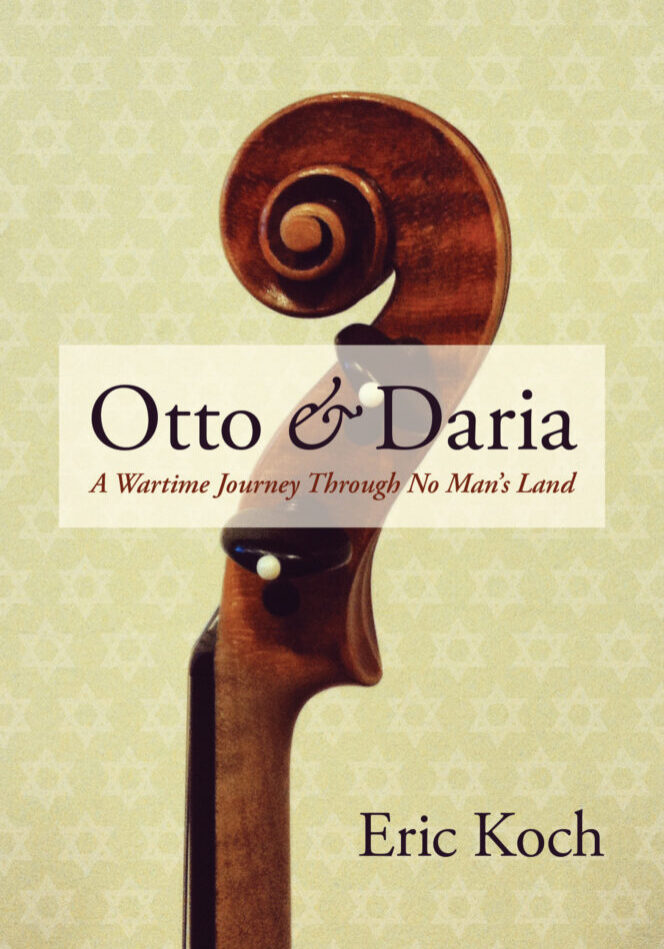In 701 B.C. the Assyrian empire was in its ascendancy. It had already vanquished the kingdom of Israel to the north including the capital at Samaria. It then prepared an assault on Judah and its capital at Jerusalem.
But in one of those significant events that changes the course of world history, Assyria was repelled. Jerusalem was saved until 586 B.C. when the Babylonians sacked the city, forcing its leadership class into exile.
Henry Aubin, in a major feat of scholarship, determines that Jerusalem was aided by a Kushite army from Africa which had marched northeast from the Nile valley. While the Bible attributes the Assyrian retreat to an angel and secular commentators cite pestilence, Aubin, in a meticulously documented work, demonstrates that an alliance with the African nation of Kush bolstered Jerusalem’s defences.
Kush, also known as Nubia, was located in what is now southern Egypt and northern Sudan. A monarchy that existed for more than 1000 years, from 900 B.C. to A.D. 350, Kushites held sway over Egypt from 712 B.C. to about 660 B.C. Of Egypt’s 31 dynasties, this, the 25th Dynasty, is the only one that all scholars agree, was black.
The commander of the Kushite expeditionary force was Taharqa (or as the Bible calls him Tirhakah). This Kushite prince, who had his own interests in halting Assyrian expansion, likely caught the aggressors by surprise as they prepared their siege of Jerusalem.
Aubin offers a thrilling military history and a stirring political analysis of the ancient world. He also sees the event as influential over the centuries.
The Kushite rescue of the Hebrew kingdom of Judah enabled the fragile, war-ravaged state to endure, to nurse itself back to economic and demographic health, and allowed the Hebrew religion, Yahwism, to evolve within the next several centuries into Judaism. Thus emerged the monotheistic trunk supporting Christianity and Islam.

Eric Koch who was born in Frankfurt in 1919, lives in Toronto. His grandfather was a court jeweler and his father was an officer in the German army in WWI. Eric was deported to Canada, interned as an enemy alien during WWII. On his release, he remained in Canada, making his career at the Canadian Broadcasting Corporation. He also is the author of 14 works of fiction and five works of non-fiction.
Praise for Otto and Daria:
“No one will finish reading this lovely book without experiencing a lifting of the spirits. To read it is to appreciate the value of music, literature, the effects of war, the hopes of peace, and the world’s cultural if not its civilized values.â€
John Robert Colombo, author, editor and translator of more than 200 books
“With its rare blend of insight, humour and astonishing detail, Eric Koch’s memoir is a deeply moving tribute to a vivid past. Engaging and inspiring, its appeal is universal and unchanging.â€
The Right Honourable Adrienne Clarkson
University of Regina Press 2016
Otto and Daria: A Wartime Journey Through No Man’s Land
A memoir of two young people in a time of war
Eric Koch was 19, on holiday from his studies at Cambridge in August 1938, when he met 17-year-old Daria. She had uncombed hair, sparkling blue eyes and ambitions to be a writer. Eric, a Jewish refugee fleeing Nazi Germany, had war and uncertainty in his future. Of Daria, he noted: “Too young for me anyway. What would I do with a schoolgirl.â€
Yet, their encounter at a two-star hotel in the French Alps was the beginning of a five-year correspondence, set against huge upheavals. Eric was arrested by the British as an enemy alien and sent to an internment camp in Canada. Daria, daughter of a privileged and cultured family in London, struggled to find her path in the maelstrom.
Her letters are fresh and reveal a lively intelligence and considerable talent. But as the war and the years unfold, increasingly dark signs emerge.
Loneliness and fear propel Daria and Eric to flirt with romantic fantasies of being together after the war. Eric, unmoored from home and the family’s upscale jewelry establishment in Frankfurt, ironically, exhibited greater resilience. Daria, whose father was a renowned musician and whose mother was from the British aristocracy, suffered emotional turbulence in London.
Eric had saved Daria’s letters. When he unearthed them five decades later, they shocked him and he sought news of her. Her family rebuffed him, blaming him for grievously disappointing her. Did he lead her on? Were there junctures when different decisions could have meant a vastly different outcome?
This memoir of a relationship between two young people in a time of war and internment is an engrossing, poignant tale that will be embraced by readers who admire In the Garden of the Beasts and The Hare With Amber Eyes.